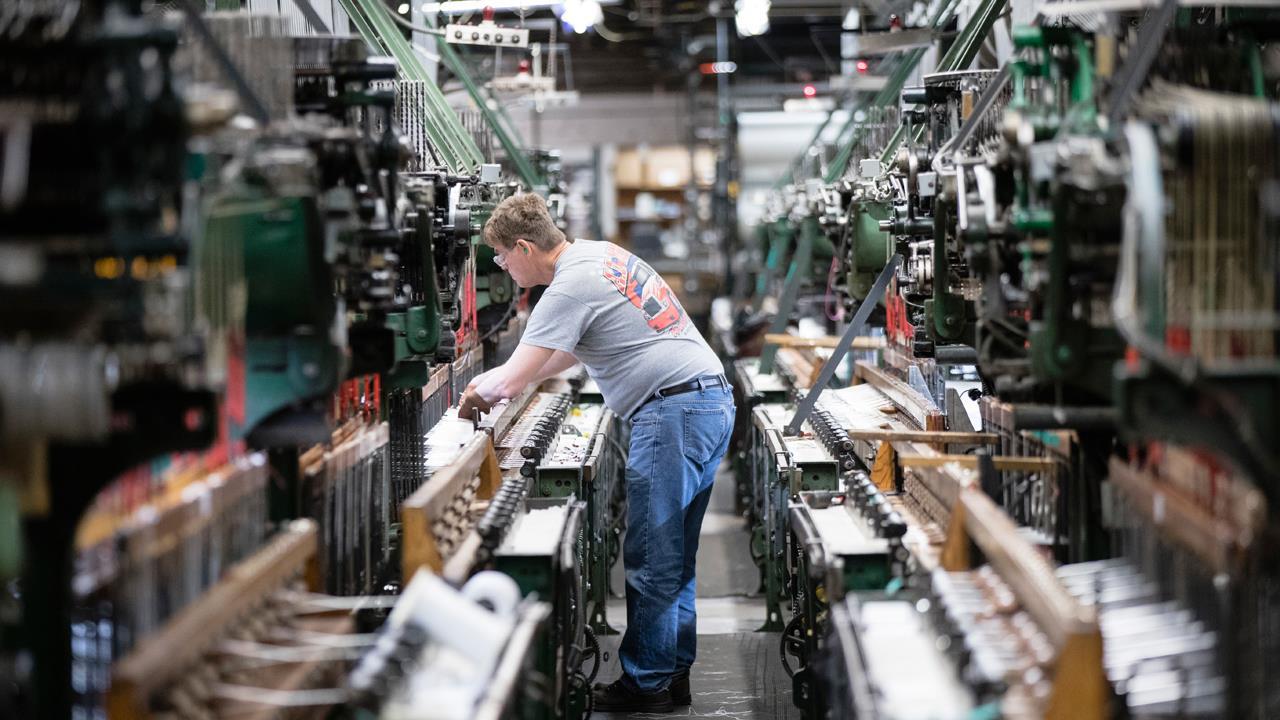Why are millennials warming up to ETFs?
The exchange-traded fund (ETF) market is undergoing a period of rapid growth, having set records for inflows over the past four years. ETFs have now surpassed more than $3.5 trillion in assets according to TETF, The ETF Industry Exposure & Financial Services ETF.
During this growth there is also a demographic pattern driving increased interest in the investment vehicles. Millennials are far more likely than baby boomers to invest in ETFs. While 24% of baby boomers have adopted ETFs, for millennials the rate is 33%. According to data from Charles Schwab, 63% of millennials believe that ETFs will be their primary investment vehicle in the future, versus only 23% of baby boomers.
Millennials’ higher interest in ETFs is attributed to their desire for lower cost, transparent and tax efficient investments. Another factor: millennials are widely seen as more trusting of new concepts.
While the oldest millennials are married and have children, the youngest are early in their careers. The millennials have many years of investing ahead of them while the baby boomers are in or near retirement.
It has been 25 years since the first ETF was launched – as of Feb. 15th there were 2,160 U.S. ETFs. BMO forecast that the global ETF industry would grow to $10 trillion in assets under management by 2023, and EY expects $7.6 trillion by the end of 2020.
Michael Venuto, co-founder and CIO of TETF told FOX Business that ETFs have been growing by about 20% a year, noting that last year they grew at 32%. He added that ETFs experience accelerated growth following a market drop.
“When the market declines by 5% or more we have noticed ETFs grow aggressively over the following three months,” Venuto said.
When it comes to who is investing in ETFs, Venuto brought up three categories of investors: institutional investors, intermediaries and retail/individual investors. When discussing retail/individual investors he highlighted millennials as a group of investors with an increased interest in the ETF market.
For the future of ETFs, Venuto noted that ETF growth will be in areas including smart data, robotics and blockchain, rather than the traditional growth to replace systemic risk in a portfolio (beta).




















